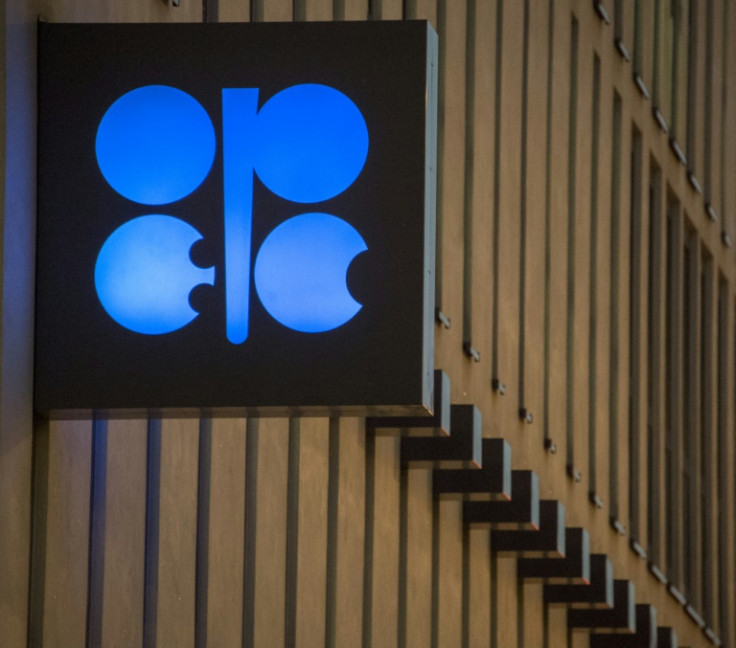OPEC Lashes Out At IEA's Fossil Fuel Warning As International Climate Summit Looms

OPEC released a formal rebuke on Monday of the International Energy Agency (IEA), the leading intergovernmental organization for energy policy, over the agency's recent critique of the oil and gas industry's apparent long-term commitment to fossil fuels.
In a formal press release, OPEC Secretary General Haitham Al Ghais directly addressed an IEA report, published on Nov. 23, claiming that the global oil and gas industry faces a "moment of truth." The report found that no future investments in oil and gas exploration can be made if the world hopes to limit an increase of average global temperatures relative to the industrial era of 1.5 degrees Celsius (the warming target of the 2015 Paris Climate Accords).
"The uncomfortable truth that the industry needs to come to terms with is that successful clean energy transitions require much lower demand for oil and gas, which means scaling back oil and gas operations over time – not expanding them. There is no way around this," IEA Executive Director Dr. Fatih Birol said in written remarks in the Nov. 23 report.
Serving as the representative for the world's largest collective of oil and gas producing nations, for whom new investments in fossil fuels are generally considered vital to near-term economic development, Al Ghais targeted the IEA's organizational credibility and defended the continued exploration of fossil fuels in his written statement.
"It is ironic that the IEA, an agency that has repeatedly shifted its narratives and forecasts on a regular basis in recent years, now addresses the oil and gas industry and says that this is a 'moment of truth'," Al Ghais said on Monday. "Energy security, energy access and energy affordability for all must go hand-in-hand with reducing emissions...we believe the world has to concentrate on the task of reducing emissions, not choosing energy sources."
OPEC's Monday press release was titled "Whose 'moment of truth'?," a reference to the title of the IEA report.
COP28, the UN's flagship annual climate change conference, begins on Thursday in Dubai and will end on Dec. 12. While COP28 represents a significant opportunity in international renewable energy cooperation, the event has already been the source of criticism due to its location in the UAE -- the world's seventh largest oil producer and subject of numerous human rights violations -- as well as the inclusion of representatives from major oil and gas companies.
OPEC representatives will be present at COP28, as Haitham Al Ghais announced in October.
"If governments deliver in full on their national energy and climate pledges, and even more so if they manage to shift the world onto the narrow pathway to limiting global warming to 1.5 °C, the consequences for the oil and gas industry will be profound," Fatih Birol said last week. Oil and gas operations currently account for around 15% of global carbon emissions, according to the IEA.
OPEC+ (OPEC members 'plus' a handful of oil producers including Russia and Mexico) will reportedly meet virtually on Thursday, the first day of COP28, to discuss further production cuts amid slumping global oil prices.
© Copyright IBTimes 2025. All rights reserved.






















